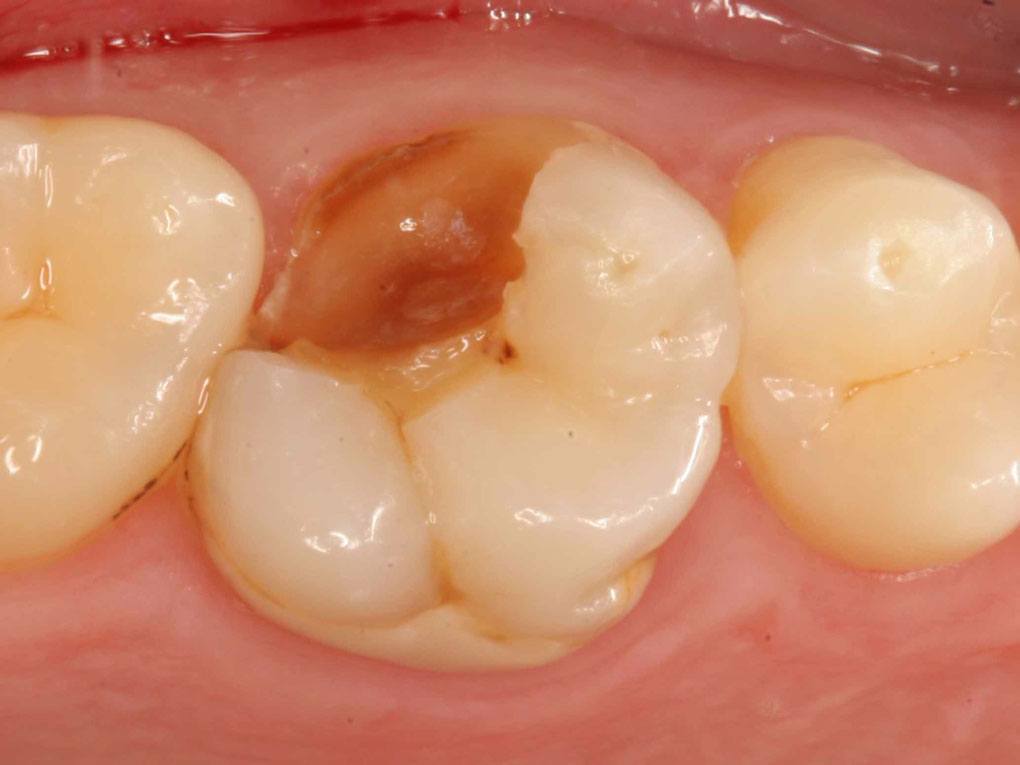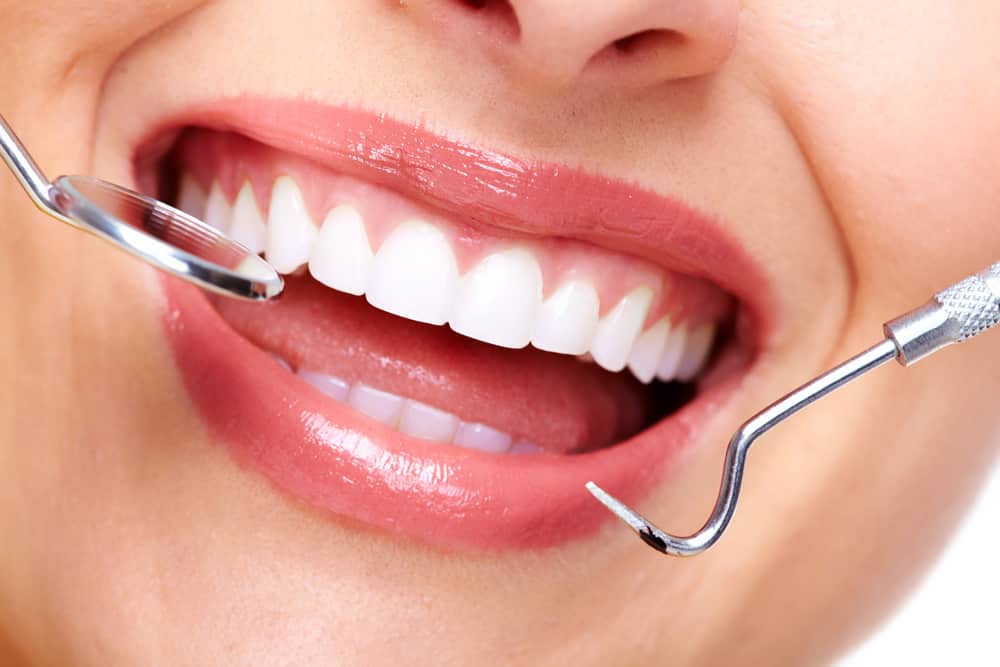Contents:
- Medical Video: Low T - Health Risks of Testosterone Therapy - Mayo Clinic
- What is testosterone?
- What is the effect of testosterone on the risk of stroke?
- Testosterone increases the risk of stroke
- Testosterone reduces the risk of stroke
- What should I do?
- What should I remember?
Medical Video: Low T - Health Risks of Testosterone Therapy - Mayo Clinic
Testosterone replacement therapy for men is used for several reasons, the most common being for testosterone deficiency. Symptoms of testosterone deficiency combined with low testosterone levels indicate the need for testosterone hormone replacement therapy. This can affect people in their 20s, 30s, 40s and so on. Low testosterone symptoms include fatigue, depression, low sex drive, erectile dysfunction, and infertility.
However, this problem can be caused due to low testosterone levels or by other medical conditions.
Hormonal testosterone therapy can be useful for some men, but also touted as one of the triggers for stroke.
So what do you need to know about testosterone and stroke so that you can get the therapy you need and stay safe?
What is testosterone?
Hormones are natural steroid complexes produced by the body. The production of testosterone in a man and the level of testosterone he needs varies throughout the year, as does his testosterone level. Biological hormones produced naturally in the body, including testosterone, can decrease for several reasons, including aging, disease, and drugs. Replacing hormone deficiency can produce complex physiological effects, which will increase the level of hormones in the body but also change the body's feedback process, which can increase or decrease the permanent production of body hormones.
What is the effect of testosterone on the risk of stroke?
Testosterone can have different effects on the risk of stroke. A number of years of scientific research studies have tested testosterone replacement and its relationship to stroke.
Testosterone increases the risk of stroke
A recent article published in the Journal of the American Medical Association reports the results of a Veterans Affairs study involving more than 8,000 men. Men who underwent testosterone therapy in this study experienced more cases of stroke in one to three years after the study began, compared with men who did not undergo testosterone therapy.
Testosterone can increase blood pressure and can also increase the risk of blood clots forming, both of which are known to cause strokes.
Testosterone reduces the risk of stroke
Based on findings from the Veterans Affairs research study, a new article published at the Mayo Clinic Proceedings reviewed data from a large number of reports that assessed testosterone therapy and its relation to stroke. The authors of the Mayo Clinic Proceedings article state that most research studies show the beneficial effects of testosterone on cardiovascular disease, which is the main cause of stroke.
What should I do?
Even researchers have different opinions about the risks and benefits of testosterone therapy. With all the conflicting findings, what will the patient do?
Testosterone therapy is not something that can be underestimated. This therapy requires a prescription and must be based on a doctor's supervision. Symptoms of testosterone deficiency are serious medical problems. The doctor will carefully evaluate the symptoms, check your physical condition and hormone levels before prescribing a type of hormonal treatment.
Very low or very high testosterone levels, both related to various health risks, including strokes. Checking low testosterone levels is recommended for some men. But, often hormonal therapy needs to be adjusted from time to time so it is very important to follow up with your doctor if you start doing testosterone replacement therapy because your dosage may need to be evaluated regularly or maybe changed.
Although data on testosterone replacement therapy and the risk of stroke still vary, the FDA is quite certain that this therapy does indeed increase the risk of stroke. Recently, the FDA directed pharmaceutical companies to change labels on testosterone products to show an increased risk of possible heart attacks and strokes.
What should I remember?
Some hormone substitutes, such as testosterone and erythropoietin, are susceptible to abuse and can cause adverse consequences if used or misused when not medically necessary.












